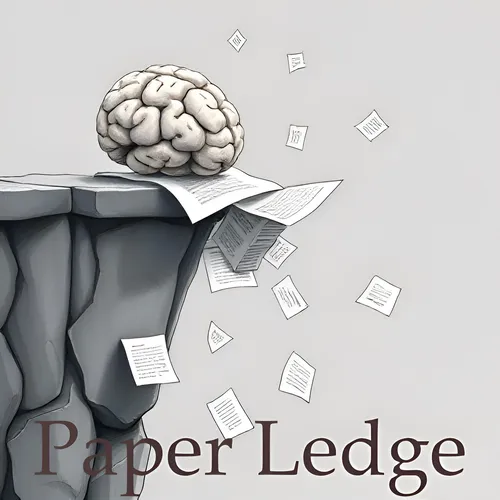Image and Video Processing - UNICON UNIfied CONtinual Learning for Medical Foundational Models
- Author
- ernestasposkus
- Published
- Wed 20 Aug 2025
- Episode Link
- https://www.paperledge.com/e/image-and-video-processing-unicon-unified-continual-learning-for-medical-foundational-models/
Hey PaperLedge crew, Ernis here, ready to dive into another fascinating paper! Today, we’re tackling a challenge in medical imaging AI: how do we make these powerful AI models, trained on tons of data, actually useful when medical data is often scarce and super specialized?
Think of it like this: imagine training a chef to be a master of Italian cuisine. That’s your foundational model. Now, you want them to also cook amazing sushi, and then maybe even bake incredible French pastries. You can't just throw massive amounts of new ingredients at them each time, right? That's where continual learning comes in. It's about teaching the chef new skills, one after the other, without them forgetting how to make pasta!
That brings us to the heart of the paper: UNICON - UNIfied CONtinual Learning for Medical Foundational Models. Basically, these researchers have built a system that lets foundation models, which are AI models trained on huge datasets, learn new medical tasks and adapt to different types of medical images – like X-rays, CT scans, and MRIs – without needing a mountain of new data for each one.
The key is that UNICON doesn't treat these changes in isolation. Most AI models are like specialists – great at one thing, but struggle when you ask them to do something slightly different. UNICON, on the other hand, is designed to be a generalist, constantly expanding its skillset. It's like teaching our chef to understand the underlying principles of cooking, so they can easily adapt to any cuisine.
So, how does it work in practice? The researchers started with a foundation model trained to classify chest CT scans. Then, they used UNICON to teach it new tricks: predicting patient outcomes (prognosis) and identifying specific areas in the images (segmentation). The cool part? The model actually got better at both the original classification task and the new ones!
"Foundation models are not inherently constrained to their initial training scope but can evolve, paving the way toward generalist AI models for medical imaging."
But they didn't stop there. They then introduced a completely different type of scan: PET scans. And guess what? UNICON allowed the model to learn from these new images, leading to even better performance in identifying areas of interest compared to models trained only on PET scans. A 5% improvement in Dice score, which is pretty impressive!
Think about what this means. Instead of needing separate AI models for every type of scan and every medical task, we could have one model that can learn and adapt to almost anything. It's a big step towards more versatile and efficient AI in healthcare.
Why does this matter?
- For clinicians: Imagine having a single AI assistant that can analyze all types of medical images, helping you diagnose diseases more accurately and efficiently.
- For researchers: This research opens up new possibilities for developing more generalizable and adaptable AI models, accelerating medical breakthroughs.
- For patients: Ultimately, this could lead to faster diagnoses, more personalized treatments, and better healthcare outcomes.
This research shows that foundation models can evolve, paving the way toward generalist AI models for medical imaging. The team was able to improve performance across different tasks, and incorporated PET scans with a 5% improvement in Dice score compared to respective baselines.
Here's what I'm thinking about after reading this paper.
- If UNICON can adapt to new imaging modalities, could it also be used to incorporate other types of patient data, like genetic information or lab results, to create even more comprehensive AI models?
- What are the ethical considerations of using a single, constantly evolving AI model in healthcare, especially regarding data privacy and algorithmic bias?
- How can we ensure that these continually learning models remain reliable and trustworthy, even as they adapt to new data and tasks?
Food for thought, right? That's all for today's episode. Keep learning, keep questioning, and I'll catch you next time on PaperLedge!
Credit to Paper authors: Mohammad Areeb Qazi, Munachiso S Nwadike, Ibrahim Almakky, Mohammad Yaqub, Numan Saeed
